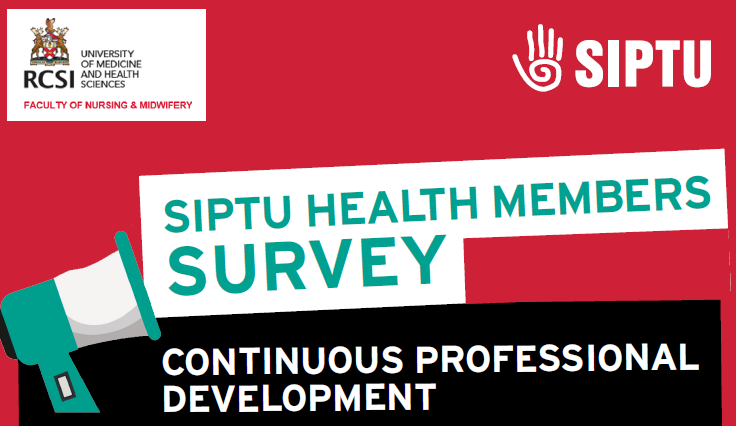Today (June 23rd) is Public Services Day. It is a United Nations Day which is intended to celebrate the value and virtue of public service to the community; highlight the contribution of public service in the development process; recognise the work of public servants and encourage young people to pursue careers in the public sector.
The last few years have demonstrated the importance of public healthcare as Ireland battled the Covid-19 virus. Employees within public health services were either fighting the virus in their own employments; or were redeployed to assist in other areas. They did this in the early days of the virus spreading, with little knowledge of what they were combatting and, in the very early days, while they awaited the delivery of life-saving PPE.
Staff in private healthcare and voluntary organisations also added to the effort to fight Covid-19. Workers in private nursing homes dealt with outbreaks. Private home care workers went into homes to care for the elderly and disabled in our communities. Private hospital workers dealt with cases that could not be cared for in the public system as it concentrated on dealing with Covid 19. Those working for disability services in the voluntary sector continued to provide care to their clients; and endeavoured to give them a sense normalcy in their lives while the virus raged.
We stood outside our homes and clapped for our ‘frontline heroes’. Citizens made goodwill gestures of every description to healthcare workers in their communities. People hung messages of solidarity with healthcare workers from the front of their houses. There was a genuine sense that we were all in this together.
Despite the near-universal recognition for the work done by our members, issues remain with the provision of public health services throughout the country.
Private companies continue to expand in the nursing home sector. Workers in voluntary organisations continue to provide essential services to the State while being paid a fraction of their colleagues in the public service.
And yet, our members continue to put their shoulder to the wheel in pursuit of fair pay and decent terms for union members.
Workers in Section 39 agencies have progressed their dispute to the point of taking industrial action, with more promised if pay justice is not secured in their sector. SIPTU continues to secure pay deals for workers in private and voluntary organisations. Our members in the public service have battled for increases in pay through the public service agreements and mechanisms such as the HSE Support Grade Job Evaluation Scheme. Members in all employments continue to argue and campaign for safe staffing. The Union continues to pursue a claim for an appropriate scheme to assist healthcare workers suffering from Long Covid.
All these efforts demonstrate one thing. There is value in being a member of a union. Our members not only campaign for their own issues but for a safe, and appropriately staffed health service for society at large.



